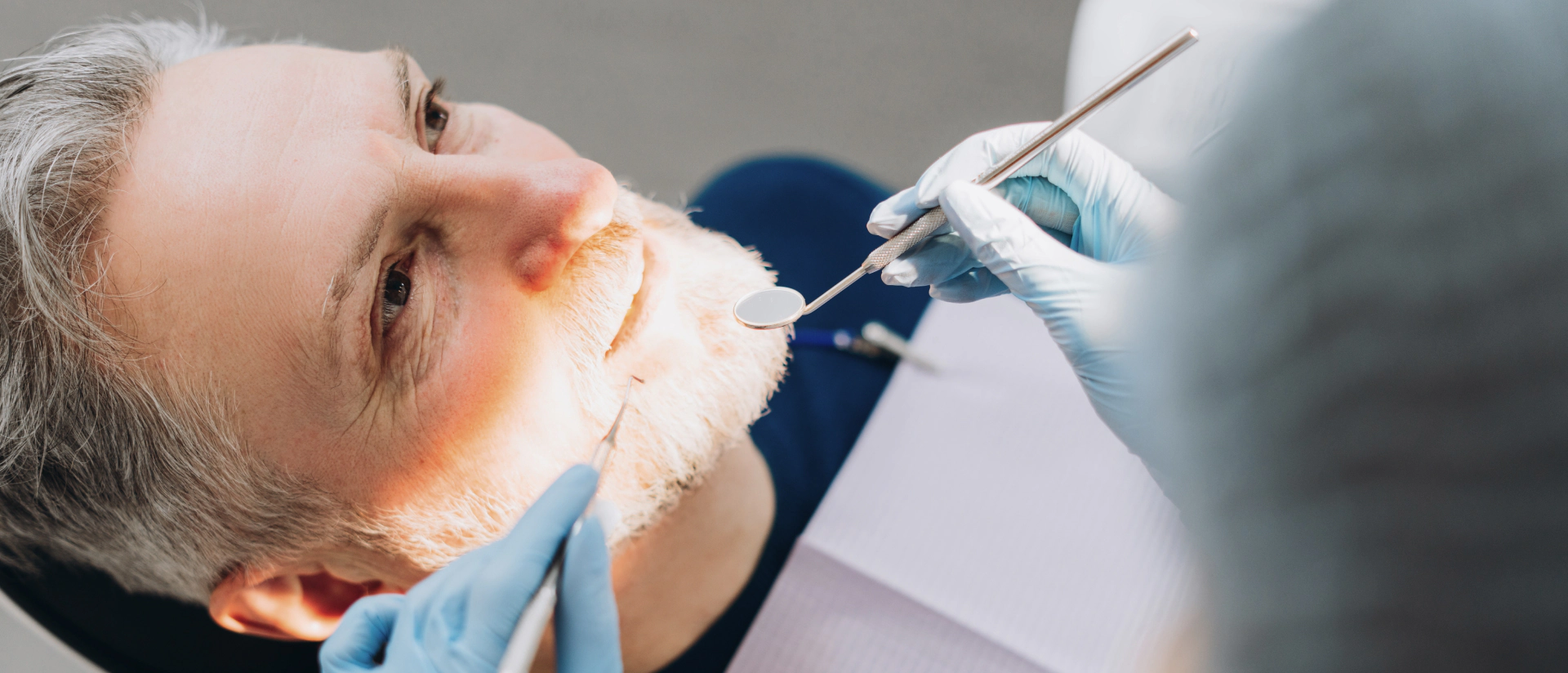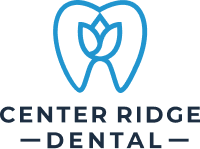Emergency Dental Care

Where Smiles Begin!
Comprehensive dental care for the whole family



Emergency Dentistry in North Ridgeville OH
A dental emergency can be both a painful and unnerving experience. Paying prompt attention to the situation gives the teeth the best chance of survival. Patients looking for an emergency dentist in North Ridgeville, OH, should contact our office at 440-327-9006 to get the care they need. Our team is trained to deal with a wide assortment of dental emergencies and will discuss the treatments that are available to restore the smile.
What is a Dental Emergency?
In general, a dental emergency is when a person is experiencing oral health issues that are causing pain as well as the possibility of medical complications or long-term side effects. It is important for anyone suffering a dental emergency to seek immediate medical help. If the condition is left untreated, the pain can continue to intensify, and the overall health of the teeth and gums can be put at risk.
What Should You Do During a Dental Emergency?
In the face of a dental emergency, your immediate actions can significantly impact the outcome. Here’s how you should respond:
- Stay Calm: Panicking can worsen the situation. Take a deep breath and assess the severity of the problem.
- Clean the Area: If the emergency involves bleeding, gently rinse your mouth with warm water to clean the area. Avoid using any harsh chemicals or soaps.
- Preserve Dental Pieces: If you have fragments of teeth or dental restorations, carefully rinse them and store them in a clean container. Moisture is key; saline solution or milk can help preserve the integrity of a tooth or fragment until you reach professional care.
- Minimize Bleeding: Apply gentle pressure with a clean cloth or gauze to any areas that are bleeding. If bleeding does not subside, seek immediate help.
- Avoid Aspirin for Pain: If you’re in pain, opt for acetaminophen instead of aspirin or ibuprofen, as these can thin the blood and exacerbate bleeding.
What are Some Common Types of Dental Emergencies?
Dental emergencies can strike unexpectedly, causing immediate discomfort and anxiety. From severe pain to the risk of permanent tooth loss, the stakes are high. Understanding the common types of dental emergencies and how they should be handled is essential for anyone. Quick and knowledgeable action is crucial in these situations to alleviate pain, prevent infection, and save the tooth or teeth involved. Here are some of the most frequent dental emergencies and the initial steps you should consider:
- Loose or Displaced Restorations: Sometimes, fillings, crowns, or bridges become loose or fall out, exposing sensitive parts of your teeth and potentially leading to pain or infection.
- Severe Toothache: A sign of underlying issues, severe toothaches should not be ignored. They can indicate deep decay, infection, or injury to the tooth.
- Soft Tissue Injuries: Injuries to the gums, lips, or inside of the cheek can cause significant bleeding and may require stitches to heal properly.
- Chipped, Broken, or Cracked Teeth: These can vary from minor to severe. Minor chips can often wait a short time to be treated, but severe cracks or breaks, especially if pain or sharp edges are present, require immediate attention.
- Knocked-Out Teeth: Time is of the essence. A knocked-out tooth has the highest chance of being saved if it is returned to its socket within one hour of being dislodged.
- Abscess/Swelling: An abscess is a serious infection that can spread and affect your overall health. It often comes with swelling, pain, and sometimes fever. Immediate treatment is crucial to alleviate the infection and prevent further complications.
How Can You Avoid a Dental Emergency?
While not all dental emergencies can be prevented, there are steps you can take to significantly reduce your risk:
- Maintain Regular Dental Check-ups: Regular visits to our office for cleanings and exams can catch potential issues before they escalate into emergencies.
- Practice Good Oral Hygiene: Brushing twice a day, flossing daily, and using mouthwash can help prevent decay and gum disease.
- Wear Protective Gear: If you participate in sports or recreational activities, wearing a mouthguard can protect your teeth from injury.
- Avoid Hard Foods and Objects: Hard candies, ice, and using your teeth as tools can lead to cracks and breaks.
- Use Tools, Not Teeth: Never use your teeth to cut, open, or hold objects. Always use scissors or another appropriate tool.
Remember, our team is here to help during any dental emergency. Contact us immediately if you need assistance.
Benefits of Emergency Dental Care
- Immediate Pain Relief: Quick treatment alleviates severe pain.
- Prevention of Further Damage: Timely care can save teeth and prevent the need for more complex treatments.
- Reduction in Risk of Infection: Early intervention helps manage and prevent the spread of infections.
- Peace of Mind: Knowing that urgent issues are being professionally addressed.
- Comprehensive Care: Access to the necessary tools and treatments for a wide range of emergencies.
When to Seek Emergency Dental Care
Seek immediate care for:
- Severe Toothache: Unbearable pain or pain not relieved by over-the-counter medication.
- Knocked-Out Tooth: Immediate care can potentially save the tooth.
- Loose or Misaligned Tooth: To prevent further damage.
- Chipped, Cracked, or Fractured Teeth: Significant damage especially if accompanied by pain.
- Dental Abscess or Infection: Symptoms like severe pain, swelling, or pus indicate a potentially life-threatening condition.
- Bleeding and Ache After Tooth Extraction: Persistent symptoms post-extraction need urgent attention.
What is Not a Dental Emergency?
Not all dental issues require immediate care:
- Minor Toothache: Manageable pain can wait for a regular appointment.
- Small Chip in a Tooth: Minor chips without pain are not urgent.
- Lost Filling, Crown, or Bridge: If there is no pain, schedule a regular appointment.
- Food Stuck Between Teeth: Try to gently remove it with dental floss.
Some of the most common dental emergencies include teeth that are fractured or broken, an infection in the teeth or the loss of a permanent tooth. In addition, patients can lose their fillings and possibly damage any crowns or bridges previously placed in the mouth.
When it comes to a dental emergency, the best time to contact our office is sooner rather than later. There is no time like the present to schedule an appointment and relieve the pain that is associated with your condition. Give our office a call today to discuss your dental emergency and make an appointment to successfully treat the issue.
